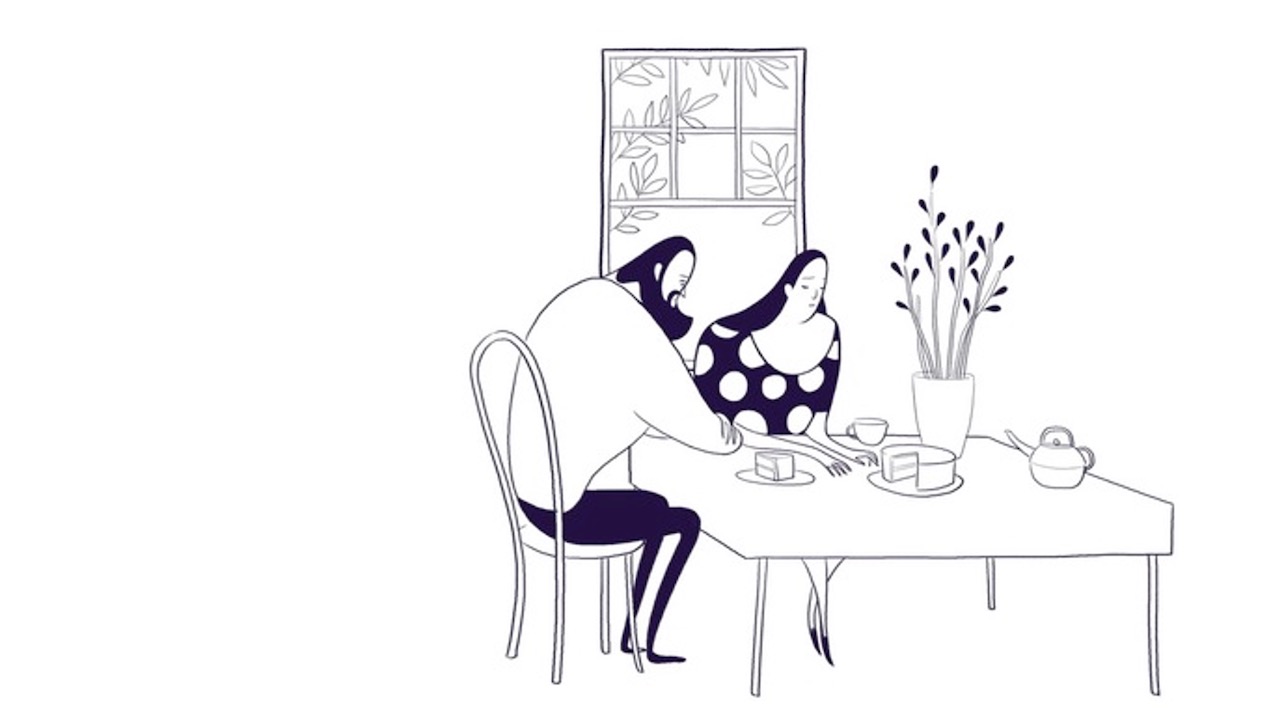Her husband is in early recovery, but he doesn’t want to share details with her. She’s nervous about it and having trouble with trust due to his history of SUD and lying. She’s reluctant to let him come home, and unsure how to talk to him about it. Dominique weighs in with an idea of what to say based on the CRAFT (Community Reinforcement and Family Training) approach that we use at AlliesinRecovery.net.
“Husband has been sober for 90 days; I’m still too scared to let him come home.
My husband has been out of the house through detox, residential, sober living (didn’t last) and now his own apartment and has 90 days sober (I believe). We are in couples counseling weekly. As far as he’s concerned, he’s all better and the only issue is whether or not he’s drinking, and since he’s not drinking, he wants to come home. I have learned a lot about the toll that 6 years of secret addiction has taken on me, and I feel it. I am scared, anxious, and fearful that he is still early in his recovery process, and I fear that he is not sufficiently engaged with supports besides medications and a weekly group meeting. He won’t even tell me what meetings / appointments he has because it’s “his recovery” – and he doesn’t have to answer or report to me. He can’t come up with any ideas on his own on how he might rebuild trust with me. I am not opposed to him coming home – someday – but I feel there is a long way to go in terms of the actual recovery work. It seems to me that all the root causes of hiding, shame, secrecy, and isolating are still there, even if the beer is not right now.”
[This question originally appeared on our member Q&A blog]
I can’t help but notice common threads between your question and the one that came in an hour earlier from another wife. The trust, love, and compassion that you once shared feel eroded by years of his Substance Use Disorder (SUD). These feelings of deep anxiety and fear are at the forefront, and it feels like the trust is gone despite your husband being in early recovery, out of the house, and in treatment.
It speaks to the emotional disturbance SUD plays on family members even after the loved one is in treatment and abstinent from alcohol and substances. My heart goes out to you. Really, it’s a marathon for families; exhausting, painful, and very disappointing. Despite early recovery being a great accomplishment, everything you’ve endured doesn’t subside completely once they enter treatment and are abstinent.
Trust Doesn’t Return Overnight
You’ve successfully gotten your husband out of the house and in treatment. You’ve lived through 6 years of his active SUD. After 90 days, in your husband’s mind, he is good enough and ready to come home. Trust doesn’t return over night though. The couples counseling should help you navigate trust, AND your need to keep your protective shield up. It should help you navigate your need to defend your home and peace of mind until sufficient trust has been earned. You’ll know when this is happening, just like you know that right now it is not happening.
What if you suggest something like this:
“I love you and I thank you for addressing the drinking. You have given me hope that we can continue to be together. I feel shaky though, not yet trusting enough to have you back living with me (“us” if there are children). I’d like to take this month by month. Can we agree to visit this topic in counseling in thirty days. We need to talk about trust. We need to talk through what a recurrence of use would look like and how we would handle it? I need to come at this centered, calm, and trusting. I need more time to recover from this in my life. I had many moments when I thought we would never be at this stage — you in treatment, us working through problems with a counselor. I am proud of you for being in early recovery. Please, let’s take this a month at a time for now. I promise to do my best to work on my end of all this. Thank you for being here and for hearing me out.”
If I could, I would build a wall (or a fence with slats) around your safe zone. Hubby in apartment and sober, doing what he can see to do right now to maintain his abstinence from alcohol and build on his recovery. You, living in a home where peace has been returned, finally free to think and take care of yourself.
Let Him Take Care of the Details of His Treatment
If you butt into your husband’s treatment, asking questions about what he is or is not doing to maintain his non-use, you are almost guaranteed to get push-back. His defensiveness is making you feel shaky. It’s a sign of where he is in his progress. Let him take care of the details of his treatment. You get to respond to what you see in him in the moment. You just don’t know what is going to cause shifts in him.
Honoring and Asserting Your Own Needs is Important
Thank you for writing in. Your hesitation is valid, and this is a complex time as your husband manages his newfound abstinence from alcohol. It is a lot to navigate, from both ends. You see his progress and yet you know that much more progress still needs to be made. Honoring and asserting your own needs is an important part of this… as is acknowledging and appreciating what you have both managed to accomplish. You both need supportive space in this transitional time.
I hope I’ve given you some insights into how you can manage this situation and feel a bit less shaky. Keep in touch – we’re here for you.



